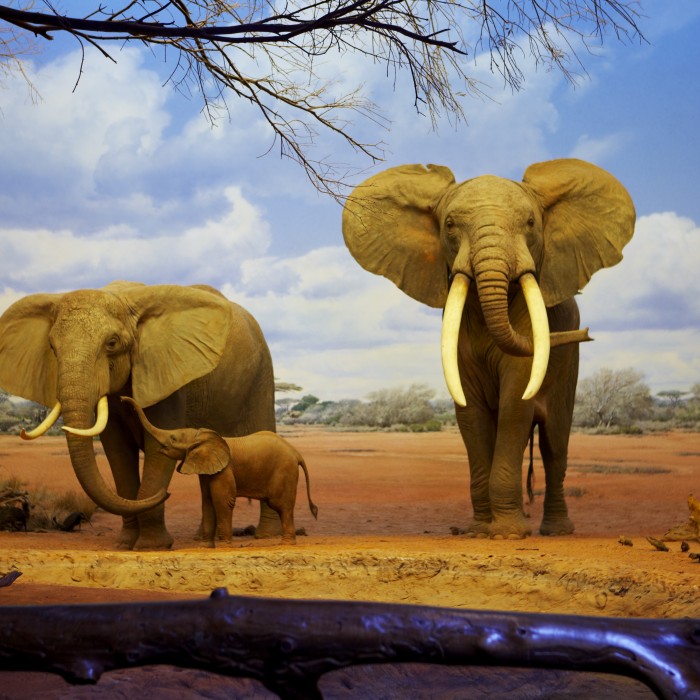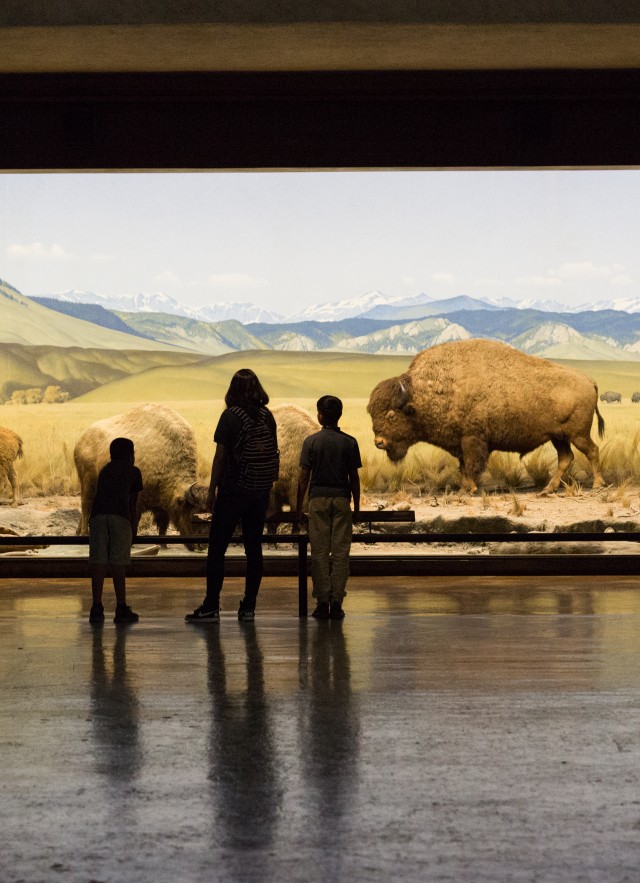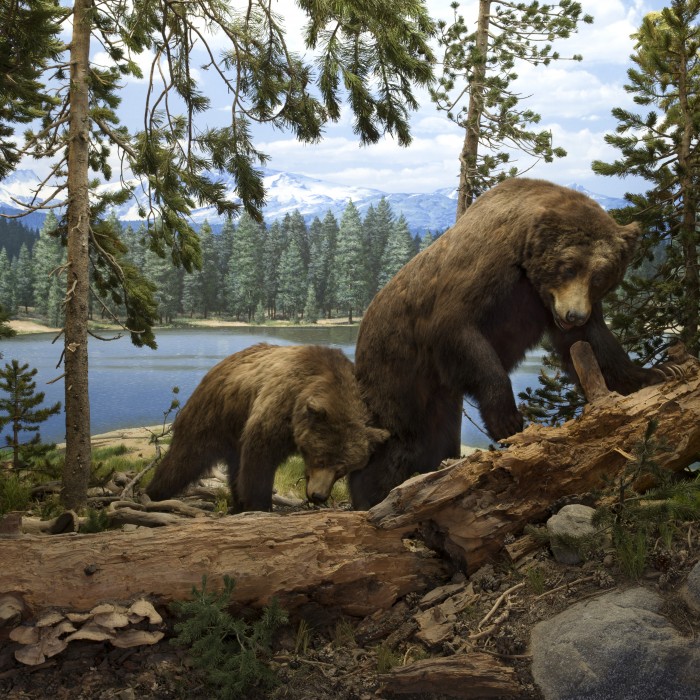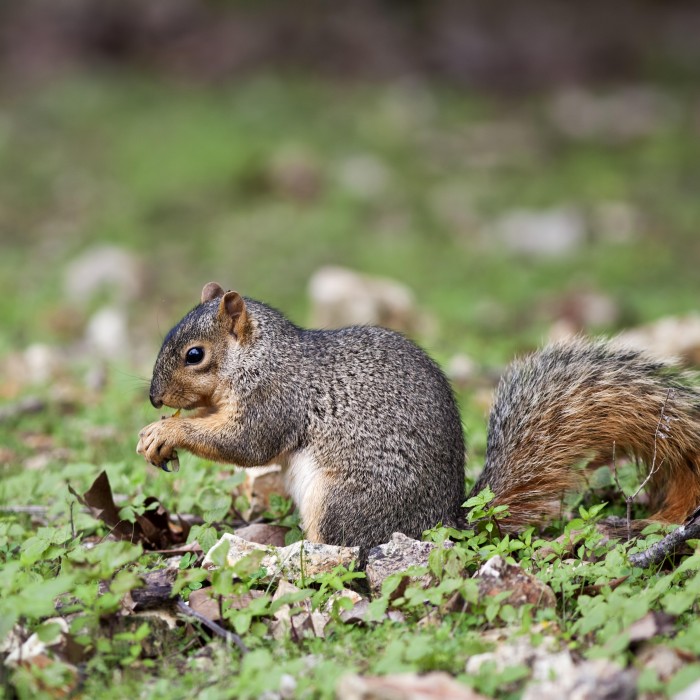
Mammalogy - NHM
Mammalogy is the discipline associated with recent (living) mammals.
Our collections consist of 98,000 specimens—skins, skulls, skeletons, tanned hides, and fluid-preserved specimens of terrestrial and marine mammals. Our strengths include: bats, cetaceans, African ungulates, and local (Southern California) mammal species.
Research
The size and scope of our collections make them important for the study of the origins and evolution of all the major groups of mammals. Our collections also document historical changes in marine and terrestrial biodiversity, both local and global. Among these documented changes are the effects of urbanization on mammal distribution. Our collection of marine mammal specimens is one of the largest in the world, with an emphasis on cetaceans from the eastern North Pacific and the Arctic Oceans. These marine mammals are of international significance and are an important resource for studying the life histories, distributions, and evolutionary relationships of whales and dolphins. Moreover, apex predators such as marine mammals are sentinels of ocean health, so our collections are used to monitor the effects of pollution and climate change on marine ecosystems.
Search our collections
Our mammalogy collections can be searched at VertNet, Global Biodiversity Information Facility, and iDigBio. Our institution code is LACM and our collection code is Mammals.
Our Staff
Questions? Contact us at mammalogy@nhm.org




